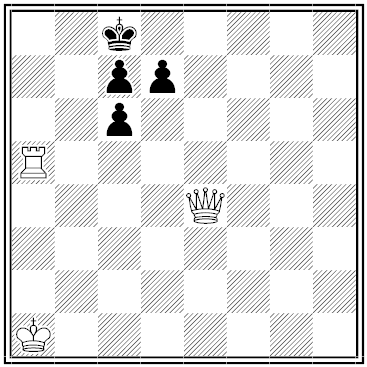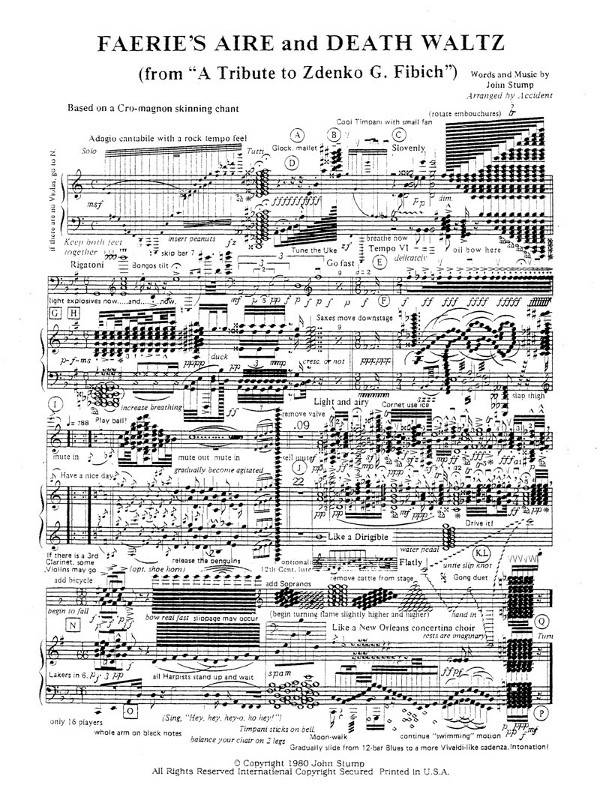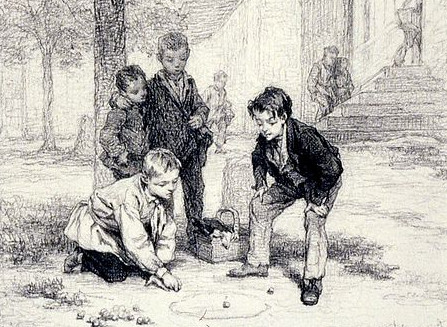Fred Astaire composed a unique dance solo for 1951’s Royal Wedding — he celebrates his love for Sarah Churchill by dancing on the walls and ceiling of his hotel room.
The effect was produced by situating the entire room in a steel-reinforced cylindrical chamber 20 feet in diameter, which the crew could turn as Astaire danced. Cameraman Robert Planck was strapped to a board that rotated with the set, producing the illusion that the room was stationary and that the dancer was freed from gravity.
The details required further trickery. “Fred’s coat was sewed to the chair, and the chair was screwed to the floor,” remembered director Stanley Donen. The photograph that Astaire admires is fitted with magnets. “The draperies were made of wood. There’s nothing soft in the shot. There was only one cut during the sequence — while he is at midpoint on the wall, necessitated by having to change the roll of film. We rehearsed this [scene] for weeks and filmed it in one morning. … We were literally through with the entire sequence by lunch.”





